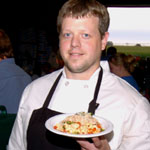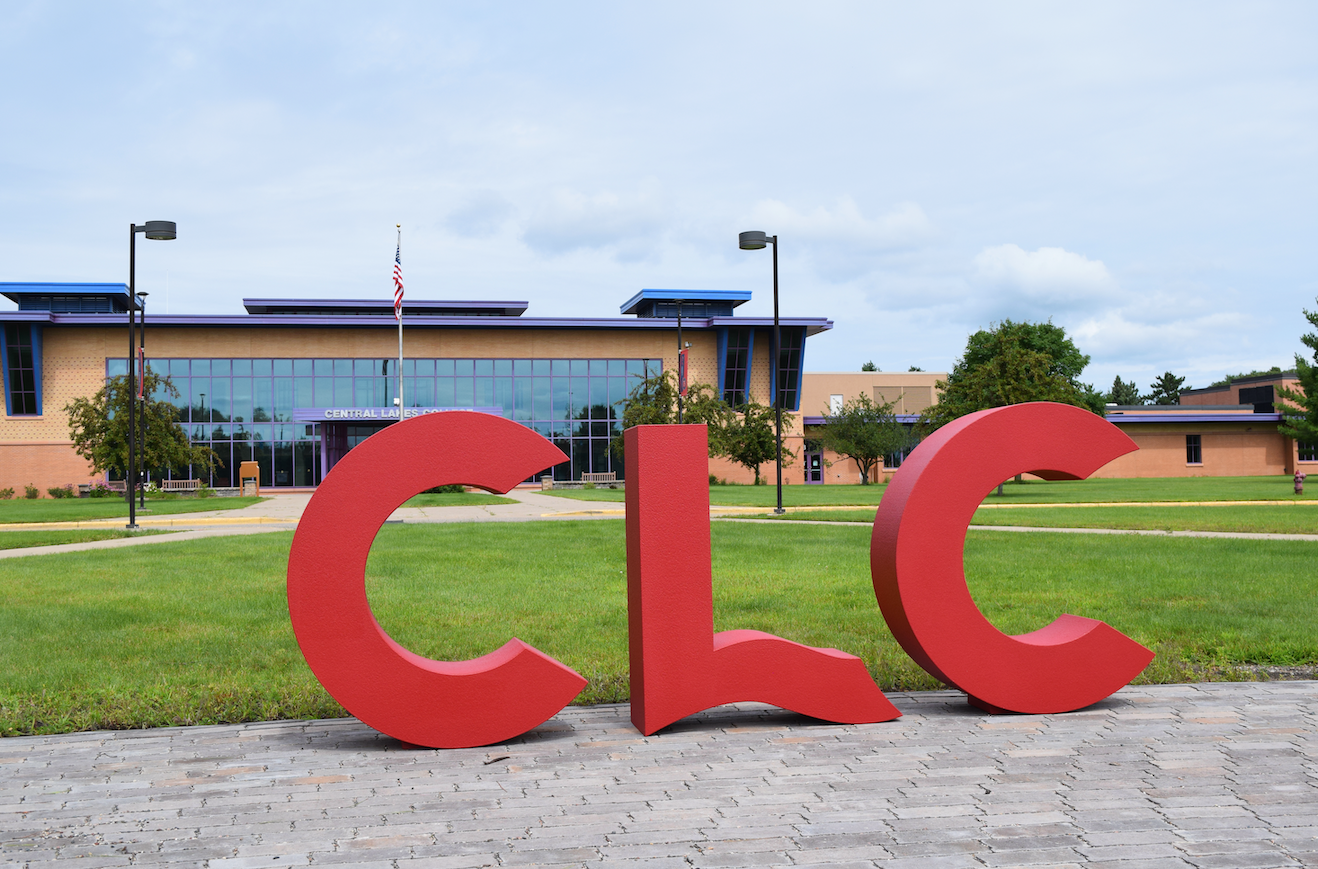 Central Lakes College, through its Agricultural and Energy Center, is a
Central Lakes College, through its Agricultural and Energy Center, is aco-host for seven sessions for farmers to increase the production of local foods
in the region by building production and business management skills. Local Foods College takes
place at 6 p.m. on Tuesdays, Jan. 24 and 31, Feb. 14, 21, and 28, and March 6
and 13 via interactive television at the Staples campus.
Schedule and topics:
Jan. 24 – Whole Farm Planning, Nutrient Cycles and Interactions.
Betsy Wieland and Benjamin Arlt. Learn about cycles and interactions and how to
use them properly within your production model.
Betsy Wieland and Benjamin Arlt. Learn about cycles and interactions and how to
use them properly within your production model.
Jan. 31 – Soils and Composting. Randy
Nelson. Covering the basics of soils and how to compost yard and garden wastes.
Nelson. Covering the basics of soils and how to compost yard and garden wastes.
Feb. 14 – Vegetable Production and
Planning Your Market Garden. Terry Nennich. Learn the basics of vegetable
production, including site selection, water needs, seed selection, planning,
and some basic methods of dealing with the short grand harsh winter of northern
Minnesota. Learn how to layout a vegetable garden or market garden for maximum
productivity.
Planning Your Market Garden. Terry Nennich. Learn the basics of vegetable
production, including site selection, water needs, seed selection, planning,
and some basic methods of dealing with the short grand harsh winter of northern
Minnesota. Learn how to layout a vegetable garden or market garden for maximum
productivity.
Feb. 21 – Starting and Managing an Apple
Orchard. Jake Overgaard. A practical look at considerations. Site selection,
varieties, rootstock, orchard layout, pests, diseases, orchard floor
management, pruning, post harvest management, and finances. Emphasis on
providing useful re-sources for future use.
Orchard. Jake Overgaard. A practical look at considerations. Site selection,
varieties, rootstock, orchard layout, pests, diseases, orchard floor
management, pruning, post harvest management, and finances. Emphasis on
providing useful re-sources for future use.
Feb. 28 – Small Fruit. Terry Nennich. Basic
production and management of the three major small fruit crops grown in
northern Minnesota – strawberries, raspberries, and blueberries – along with some
minor small fruit crops. Soils, plant spacing, growth management, fertility,
and harvest.
production and management of the three major small fruit crops grown in
northern Minnesota – strawberries, raspberries, and blueberries – along with some
minor small fruit crops. Soils, plant spacing, growth management, fertility,
and harvest.
March 6 – Backyard Poultry. Jim Stordahl. For
the beginner or poultry enthusiast. The entire cycle of raising poultry (mostly
chickens) on your farm or in your backyard. Common poultry terminology and
breeds, this is a guide through feeding, common problems, housing, and dealing
with predators.
the beginner or poultry enthusiast. The entire cycle of raising poultry (mostly
chickens) on your farm or in your backyard. Common poultry terminology and
breeds, this is a guide through feeding, common problems, housing, and dealing
with predators.
March 13 – 1. Marketing and Business
Planning. Ryan Pesch. Marketing local foods takes both planning and creativity.
Learn about how to identify your market, options to promote your product, and
the basics of a business planning for your enterprise.
Planning. Ryan Pesch. Marketing local foods takes both planning and creativity.
Learn about how to identify your market, options to promote your product, and
the basics of a business planning for your enterprise.
2. Farm to School: Find, Learn, and
Connect. Sarah Reese. It takes a whole community to put nutritious foods from
local farms on the menu at schools. Local growers/farmers restore a connection
to eaters and gain reliable new markets in schools. Learn how to connect with
valuable resources.
Connect. Sarah Reese. It takes a whole community to put nutritious foods from
local farms on the menu at schools. Local growers/farmers restore a connection
to eaters and gain reliable new markets in schools. Learn how to connect with
valuable resources.
A participant
may attend any single session for $10 or all seven for $50. One family member
or partner will be admitted at no additional cost. For information call
888-241-0781. Online registration is available at http://www.rsdp.umn.edu/Northwest/
may attend any single session for $10 or all seven for $50. One family member
or partner will be admitted at no additional cost. For information call
888-241-0781. Online registration is available at http://www.rsdp.umn.edu/Northwest/
Checks may be made payable to University of Minnesota and sent to
Regional Extension Office, 2900 University Ave., Crookston, Minn. 56716.
Other ITV locations are Bemidji State University, Minnesota State
University Moorhead, Northland Community and Technical College, Thief River
Falls, University of Minnesota Crookston, and Clearwater County Courthouse.
Additional locations may be available.
Co-sponsors
are Minnesota State Colleges and Universities, University of Minnesota, Blue Cross
and Blue Shield Minnesota, North Central Sustainable Agriculture Research and
Education, and Health Reform Minnesota.
 CLC News The news and events from Central Lakes College
CLC News The news and events from Central Lakes College



